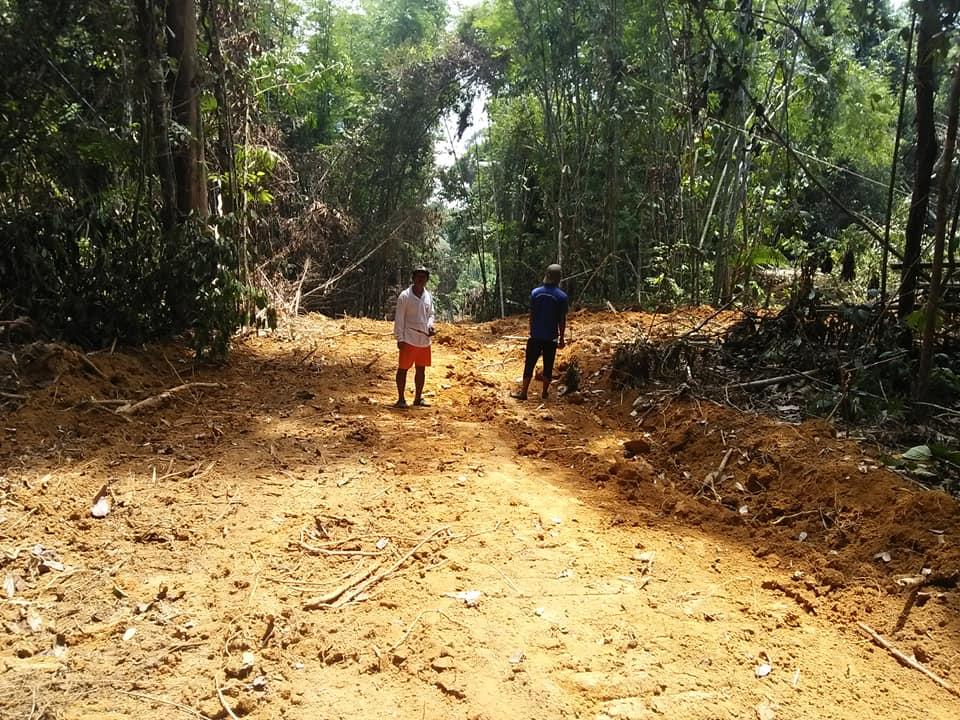Pahang Orang Asli keep up the fight against mining project
They say the area has been gazetted as a forest reserve, while pollution from the project will affect the river on which their livelihoods depend.
Just In
Some 80 Orang Asli families from the Semai community are hoping the authorities will heed their protest to a rare earth mining project in Pahang which they say could destroy their ancestral forest and jeopardise their livelihoods.
The project, located around the central forest spine of peninsular Malaysia, will see a total of 660 hectares mined under three leases.
It was approved by the state government in 2019 although it failed its environmental impact assessment (EIA) after its terms of reference (TOR) proposal was rejected by the Department of Environment in March.
Speaking at a press conference today, though, Parti Sosialis Malaysia (PSM) secretary-general A Sivarajan said this did not mean that the project would be cancelled.
“If (the TOR) is approved in the second phase, the project will commence. Once the EIA is approved, within the next two years operations must start,” he said at the conference which was also attended by representatives of the Orang Asli Semai group.
PSM has been speaking up against the project which, led by Aras Kuasa Sdn Bhd, has completed its exploration phase.
During this phase, up to 18,000 tonnes of lanthanide, a rare earth metal used among others for refining crude oil into gasoline and strengthening metal, was discovered.
The project was approved by the state government on condition that the degazetted area must be replaced with another forest of the same size or larger. The approval letter stated that the degazettement process would begin once the state Department of Lands and Mines finalises its findings on the replacement area.
Concerns about the project are largely environmental. The Orang Asli say the Telum River and other tributaries will be threatened by pollution caused by the mining process.
The Telum River is a water catchment that provides water for villagers all the way to the Kuala Lipis district. This means that any river pollution would also affect other nearby communities, in addition to the Pos Lanai Orang Asli.
Mat Nor, a representative of the Pos Lanai group, said the Orang Asli remain firmly against the project.
“I don’t care what the project is for. Even if the state government has given its approval, we as the Orang Asli community are against it.”
Halijah, a villager from the area, agreed that the project would affect the river which is essential to their livelihoods.
“This is where we go fishing and our kids take their baths,” she said. “If this project continues, how will we find our food? How will we sustain ourselves?”
Sivarajan meanwhile said that the forest in question, Hutan Jelai, is considered a permanent forest reserve under the National Forestry Policy.
Of the 660 hectares, 397 are to be kept free from any logging disturbance while the rest are not to be fully logged.
“They can’t gazette a permanent forest reserve as they like,” he said.
“They have to go through public inquiries first but the state government has given its approval to this project. That’s the question we are raising now.”
Subscribe to our newsletter
To be updated with all the latest news and analyses daily.
Most Read
No articles found.
